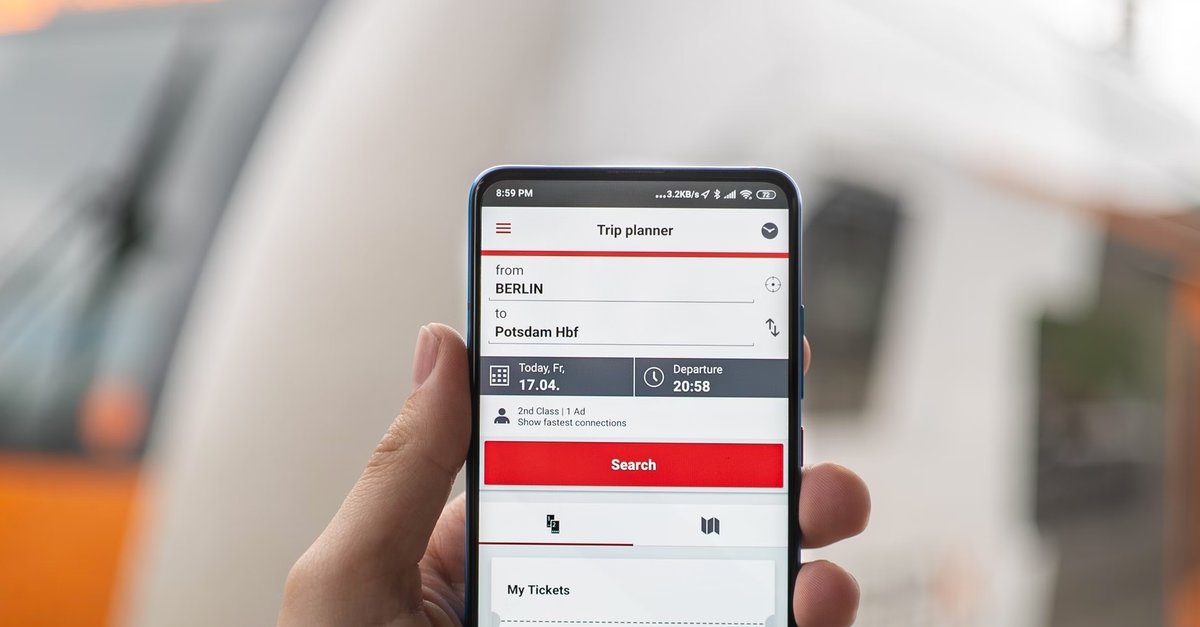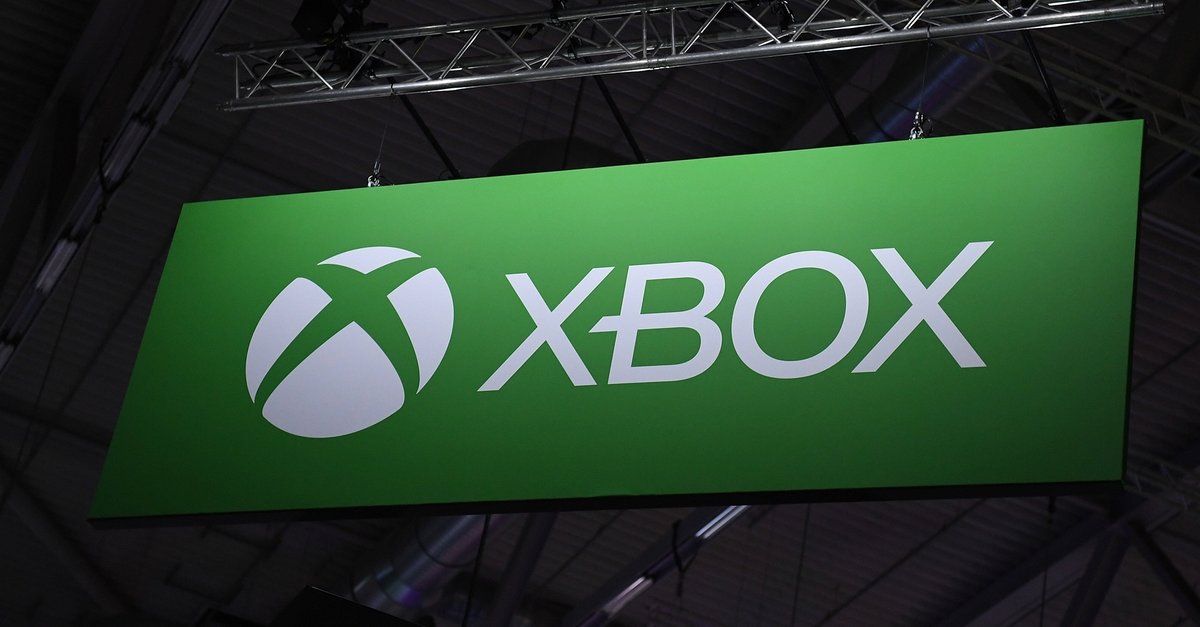Is the big slump looming now?
Nationwide, the 9-euro ticket is actually a real success. But in a state capital, the residents have had enough of cheap local transport. At least now the demand is clearly dwindling. Why are people in Düsseldorf less likely to buy the 9-euro ticket at the moment, is the hype over already?
Dusseldorf: fewer 9-euro tickets sold in July
The 9-euro ticket is extremely popular everywhere in Germany. A successor to the subsidized ticket would be desirable for many citizens. But in Düsseldorf, the love for local transport does not seem to have really caught on. So far, 130,000 tickets have already been sold at the Rheinbahn for July, but this is still 100,000 fewer than the month before (Source: Aerial Dusseldorf). Has the boom finally ended prematurely?
The assumption is obvious that the residents of the state capital of North Rhine-Westphalia have had enough of the 9-euro ticket. In the end, full trains in the hot summer sun are perhaps less attractive than the air-conditioned limousine in front of your own front door, despite environmental concerns. But is that really the case?
What there is to know about the 9-euro ticket:
Nevertheless, hope for increasing demand
Things to consider: The month is still young, one or the other ticket can and will certainly be sold in the course of the month. It is expected that not a few residents of Düsseldorf will only get the cheap ticket again after their vacation or then to the fair. The hustle and bustle starts on July 15th and lasts until July 24th on the Oberkasseler Rheinwiesen. Finally, one will not be able to look at the actual success or failure until the end of the month.
Another interesting fact about the city on the Rhine: The majority of users buy the 9-euro ticket at the so-called “Büdchen”. Only 20 percent of previous customers get the cheap ticket in the app or in the online shop. The people of Düsseldorf prefer it to be tangible and trust the digital alternative less.



